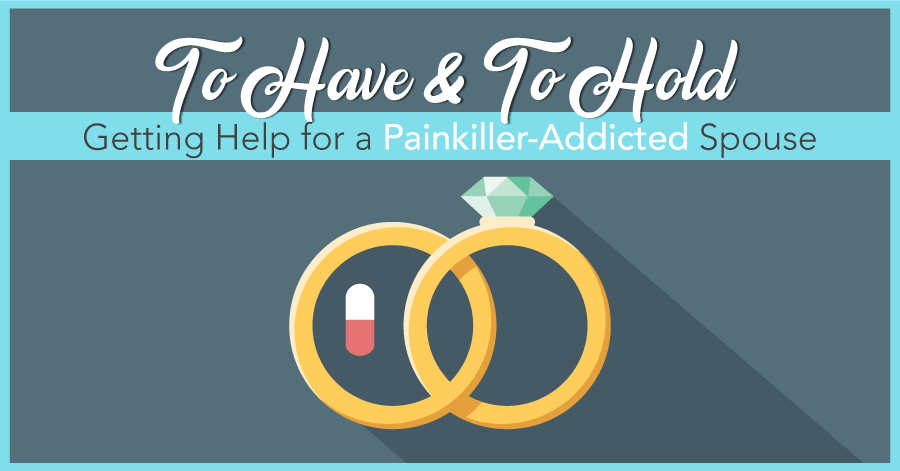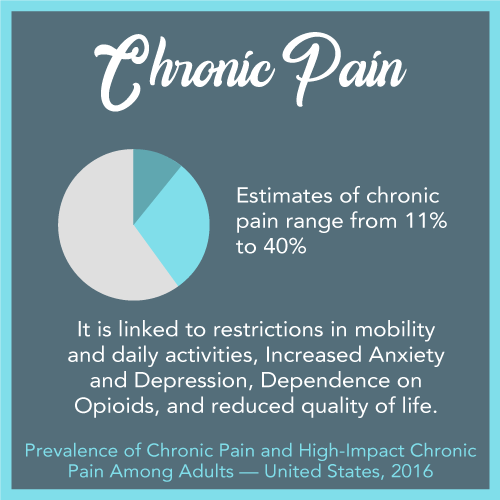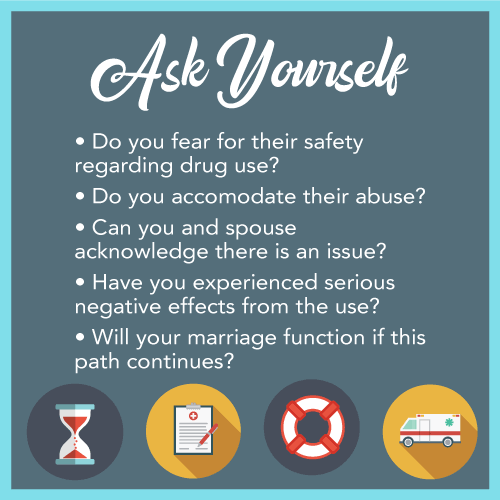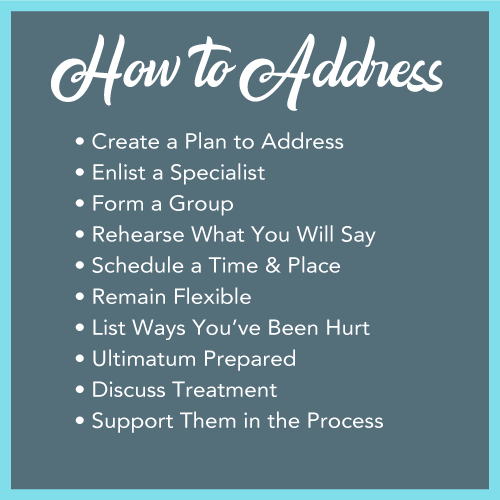
Chronic pain is one of the most common causes of pain medication use. It also commonly leads to drug abuse, often simply because a person is trying to cope with the day-to-day pain they are experiencing. Addiction can follow, creating a life-threatening situation. If your loved one is using pain medications like this, you may be worried about whether they already have a painkiller addiction.
If you believe your loved one has an opioid addiction, intervention and treatment services are available to you immediately through FHE Health.
The Risks Can Be High
 The path to abusive relationships with drugs, especially opioids, often starts with chronic pain. The U.S. Centers for Disease Control and Prevention found that, in 2016, chronic pain was the most common reason adults seek out medical care. Between 11 and 40 percent of U.S. adults report having chronic pain. Many of these situations result in prescription painkillers being administered by doctors.
The path to abusive relationships with drugs, especially opioids, often starts with chronic pain. The U.S. Centers for Disease Control and Prevention found that, in 2016, chronic pain was the most common reason adults seek out medical care. Between 11 and 40 percent of U.S. adults report having chronic pain. Many of these situations result in prescription painkillers being administered by doctors.
It’s important to recognize that having chronic pain doesn’t equate to developing an addiction. It’s possible to use painkillers responsibly under a doctor’s control. However, many prescription painkillers such as opioids have a risk for addiction. Your doctor can help to minimize this risk through controlling access and by limiting the dosage.
Is Your Spouse Abusing Opioids?
It’s often possible for a spouse, a parent or even an employer to spot the signs of opioid abuse. If you suspect your loved one may be abusing drugs of any type, it’s best to encourage treatment from a drug rehab center such as FHE Health. The most common signs of addiction to painkillers include the following:
- Using opioids not according to the prescription or what the doctor has stated; taking the drug more often even when there isn’t pain present
- Using painkillers “just in case” or in anticipation of having pain
- Borrowing medication or losing medication and requiring more
- Changes in sleep patterns
- Bad decision-making, often putting someone at risk
- Securing pain medications from more than one doctor
- Mood changes, including significant highs and lows
If you notice these signs of painkiller abuse, it may be time to confront your loved one. Most often, individuals who have an addiction like this have no ability to simply stop using. They are no longer in control over their addiction.
Changes in Your Thoughts Could Be an Important Clue
 As a spouse, you may notice changes in yourself that could give you an indication that your loved one is abusing painkillers. Your thoughts and behaviors may have shifted in recent months. Pay attention to signs such as:
As a spouse, you may notice changes in yourself that could give you an indication that your loved one is abusing painkillers. Your thoughts and behaviors may have shifted in recent months. Pay attention to signs such as:
- Worrying about your loved one’s use of drugs; full-blown anxiety; fears your loved one is going to die
- Making excuses for or lying for your spouse
- Changes in relationships or feelings about the spouse
- Frequent avoidance due to blow-ups or confrontations due to mood swings
- Thinking about taking action, such as calling the police or a doctor
If you are experiencing these types of thoughts, chances are good there’s a reason for it. Seek out help for your loved one. It’s common to feel alone, scared and unable to make a decision.
Is Your Spouse Stealing Pills to Maintain Use?
One of the most common indications of an opioid abuse situation is pill stealing. In some situations, a person will steal the drugs from a spouse who has pain medications on hand. In other cases, a person with a drug use disorder may take medications meant for a child or other person who may have recently sought help for an injury. They may take medications from other people’s homes or make excuses about why they need to borrow more. Prescription pain pill theft is a clear indication of addiction.
What Will Happen If Your Spouse Runs Out of Pain Pills?
Withdrawing from prescription painkillers can be very worrisome for both the person using and the spouse. Like most other types of drugs, those substances cause the body’s chemistry to become dependent. When a person stops using them, especially suddenly, the body reacts. This can cause intense pain and debilitating loss of control. Other common symptoms of withdrawal from opiates include:
- Nausea, sometimes intense
- Depression
- Anxiety
- Agitation and mood swings
- Intense cravings
- Painful muscle cramps
Depending on the level of chemical dependency, withdrawal can be life-threatening. Some individuals may experience a loss of consciousness or seizures and be at high risk for sudden cardiac arrest. As a result, it’s best for those with an opioid addiction to withdraw from the drugs in a controlled, medically managed detox center, like those available to you at FHE Health.
How to Approach Your Loved One About an Addiction
 You’ve recognized the signs of drug addiction. Now what? First, realize that professional help is nearly always necessary to ensure long-term success and wellness. Then, speak to your team at FHE Health for guidance as well as intervention services if you need them.
You’ve recognized the signs of drug addiction. Now what? First, realize that professional help is nearly always necessary to ensure long-term success and wellness. Then, speak to your team at FHE Health for guidance as well as intervention services if you need them.
When you speak to your spouse, don’t do it alone. Surround your loved one in a positive environment, speak about the disease and avoid talking about fault. Then, stop enabling. Don’t cover for the individual or continue to support their habit. It can be important to speak to the doctor prescribing the medications, too. He or she should be aware of the abuse.
Perhaps most importantly, provide your loved one with a solution. They may feel lost, out of control and terrified about what to do next. They can’t simply stop; most try to do so and fail. But if you’ve spoken to a drug treatment center, you have a solution in hand for your spouse. He or she can move into outpatient or inpatient care and begin to safely stop using. Depending on the level of dependency and your spouse’s health, you may even need to tell them you’re unable to support them unless they get help.
Seeking Immediate Help for Painkiller Addiction at FHE Health
FHE Health offers a comprehensive detox program followed by inpatient and/or outpatient treatment for drug use disorder, including opioid addictions. If you suspect your loved one us abusing painkillers, chances are good he or she is. It’s up to you to help them get support through recovery. Contact us directly to discuss your options and to get support for intervention services if they are necessary.






